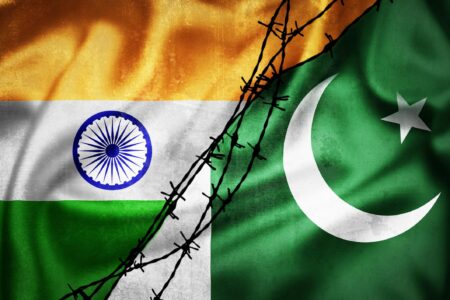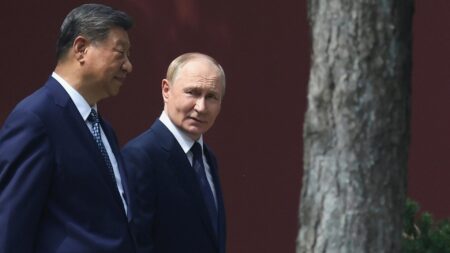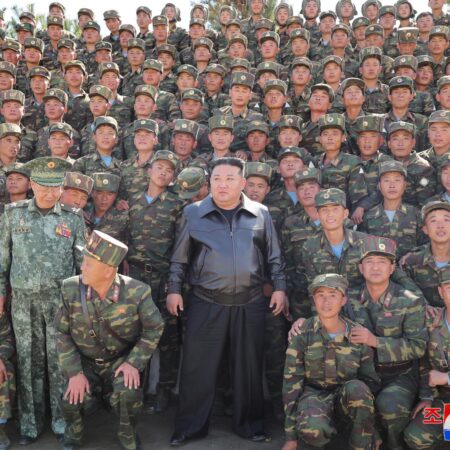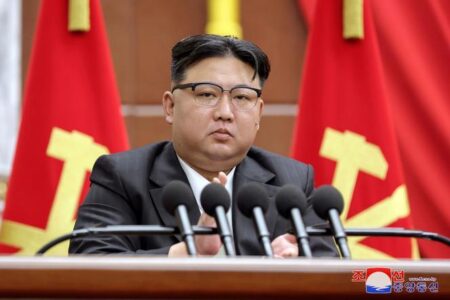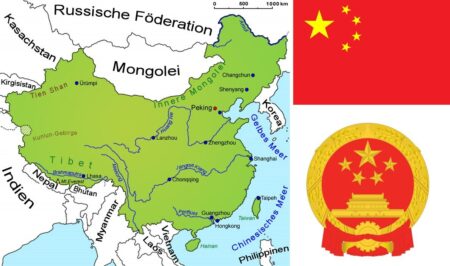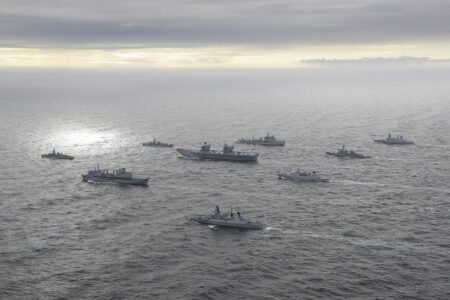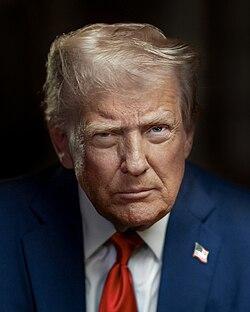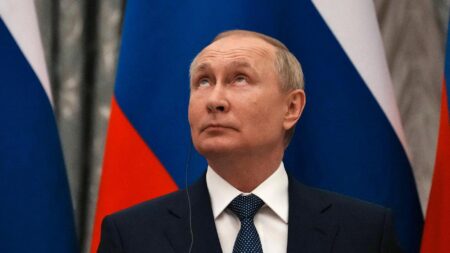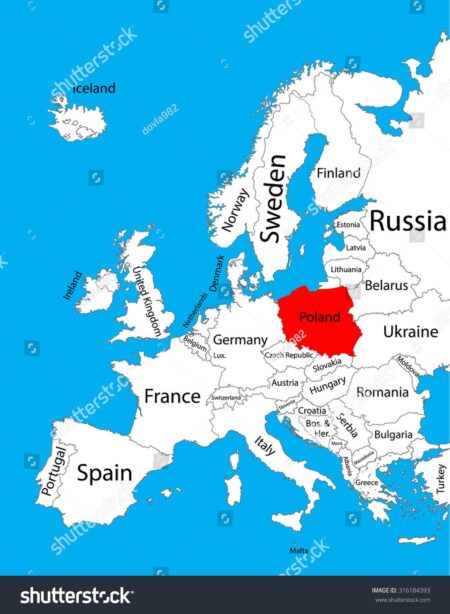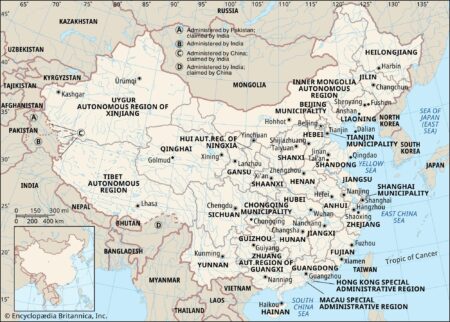India and Pakistan face complex challenges as stateless communities remain caught in the crossfire of ongoing political tensions. These “stateless sisters” bravely endure an unending struggle for identity and rights, living in the shadows of a conflict that has spanned decades
Browsing: international relations
Congress reconvenes at the Capitol, ready to tackle high-stakes legislative battles, while China dazzles the world with a grand military parade showcasing its growing power to visiting leaders. Stay tuned with NBC News Morning Rundown for all the latest updates!
Russian President Vladimir Putin disclosed that the Trump administration was actively “listening” to Russia’s perspective on the Ukraine conflict, highlighting an ongoing dialogue amid escalating tensions, according to Al Jazeera reports
Seoul reveals that nearly 2,000 North Korean soldiers have died fighting for Russia, reports The Moscow Times. This striking revelation uncovers Pyongyang’s hidden involvement and the steep toll it has endured in the ongoing conflict
North Korea’s leader Kim Jong Un arrived in Beijing on Monday, marking his first known multilateral engagement amid rising regional tensions. This visit signals potential shifts in North Korea-China relations and could dramatically alter the broader diplomatic landscape
Belgium is poised to join France and several other nations in officially recognizing the Palestinian state, marking a significant turning point in global diplomacy. This bold move highlights the growing momentum of international support for Palestinian sovereignty
China is capitalizing on the political turmoil surrounding former U.S. President Trump to rally global leaders in challenging the U.S.-dominated international order, all while striving to elevate its own influence and stature on the world stage
The U.K. Carrier Strike Group’s historic visit to Japan marks a dynamic leap forward for regional security and cooperation in the Indo-Pacific, reinforcing a united front to maintain stability amid rising tensions
Former President Trump boldly set unmistakable “red lines” during the Ukraine-Russia tensions, warning of severe consequences if they were crossed. Yet, as the conflict escalates, those warnings have quietly faded-prompting many to question their lasting impact and relevance in the crisis unfolding today
China and India pledged to be “partners not rivals” at a landmark security summit, marking a bold step toward easing regional tensions and boosting cooperation. This commitment signals a significant breakthrough in their complex and often challenging bilateral relationship
Rising tensions between the US and India are placing Australia in a tough spot, challenging its strategic alliances and trade priorities, warns the Lowy Institute. Canberra must navigate this complex triangle with careful precision to maintain its interests
Chinese, Russian, and Indian leaders have united in a powerful show of solidarity, pledging to deepen their cooperation in a bold message aimed at President Trump. This alliance underscores the urgent need for multilateral dialogue as global tensions escalate, The Wall Street Journal reports
At the recent China summit, the friendly smiles shared by Putin, Modi, and Xi masked intense rivalries and strategic moves, unveiling a complex web of competition beneath their polished display of global unity
OPINION: Poland masterfully navigates Germany’s historical guilt while increasingly depending on German security support, unveiling a fascinating interplay of political rhetoric and strategic reliance, writes TVP World
The EU has disclosed that GPS signals on President Ursula von der Leyen’s plane were mysteriously jammed during a recent flight, sparking serious suspicions of Russian interference, according to Reuters. An investigation is now actively underway
Poland commemorates the anniversary of World War II with a compelling call for Germany to honor its reparations commitments. This demand took center stage in a statement aired by TVP World, highlighting the ongoing tensions over historical justice
China may opt for a blockade rather than a full-scale invasion to pressure Taiwan, seeking to cut off supply routes and isolate the island economically and militarily. Experts remain divided on the feasibility of this approach and how the world might respond
Brazil’s groundbreaking social programs and bold advances in renewable energy offer powerful lessons for tackling America’s toughest policy challenges. As both countries confront inequality and climate change, Brazil’s journey delivers fresh, timely insights that can inspire meaningful change
Over 30 countries have hit pause or tightened shipments to the U.S., fueled by trade disputes and regulatory concerns. This disruption is shaking up supply chains and sending shockwaves through industries reliant on global imports
Europe is bracing for potential troop deployments amid escalating tensions in Ukraine. Meanwhile, President Zelenskyy vows a swift and powerful response following recent drone strikes on vital sites

